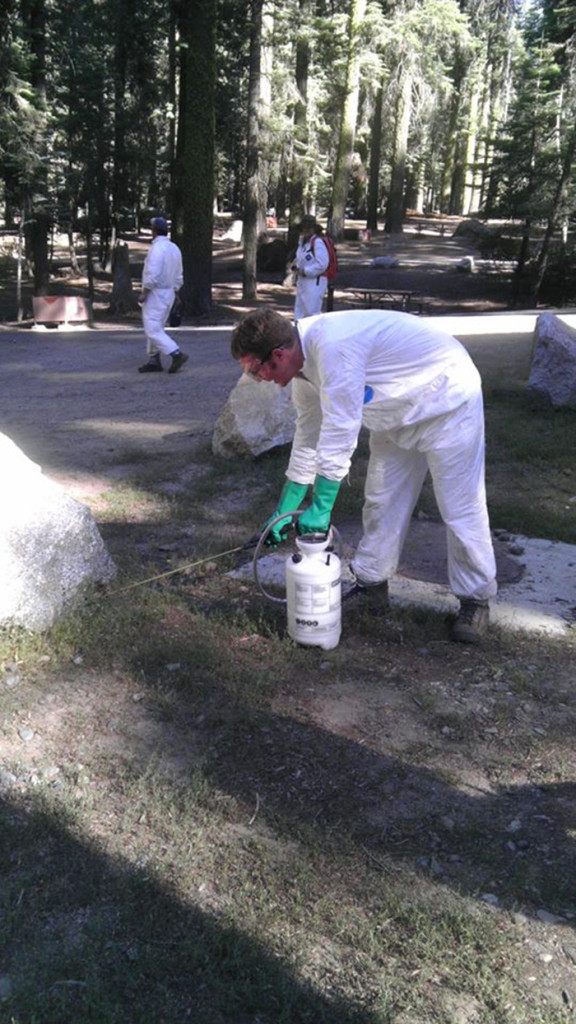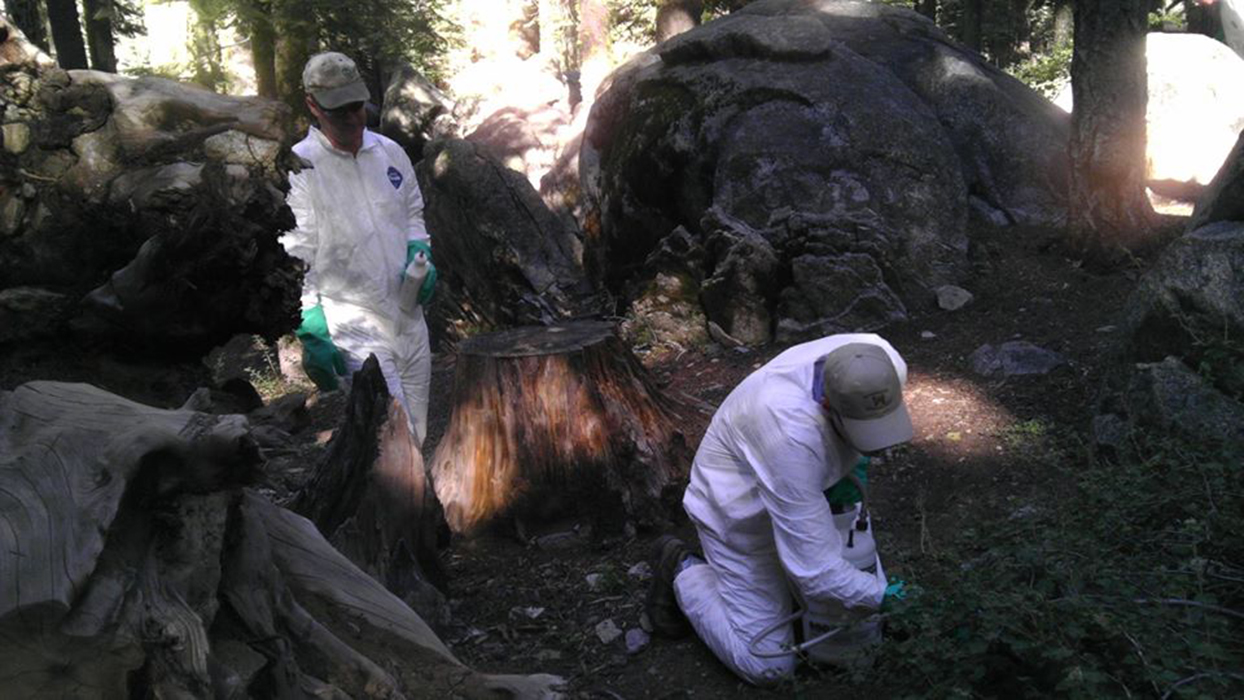YOSEMITE NATIONAL PARK—Two squirrels were discovered to have been killed by a plague at Yosemite National Park’s Tuolumne Meadows Campgrounds on Friday, August 14.
According to the National Park Service, Tuolumne Meadows Campground will be closed from noon on August 17 to noon on August 21. All individuals who held camping reservations were contacted by the park services to have their reservations canceled. The National Park Service authorities will be applying flea treatment to rodent burrows in the campground site during the closure.
The California Department of Public Health (CDPH) began an investigation after an unidentified child from Los Angeles County had camped at Yosemite’s Crane Flat campground and contracted the plague. This incident marked the first case to appear in Yosemite National Park in over 55 years. Crane Flat Campgrounds were closed from August 10 to August 13, to allow for rodent burrows to be chemically treated for fleas.
The plague is known to be spread by fleas of infected rodents, which can be spread to humans through infected flea bites or scratches. The plague has been most commonly known to be carried by squirrels, chipmunks, and other rodents’ fleas.
The CDPH has urged the public to avoid exposure by spraying insect repellent containing DEET on socks and pant cuffs; wearing long pants tucked into socks and boot tops; refraining from feeding squirrels, chipmunks or other rodents; not touching sick or dead rodents; avoiding camp setup around rodent burrows; keeping wild rodents out of homes, trailers, and away from pets.
According to California health officials, the current risk of human exposure to the plague is low and can be treated with antibiotics.

Photo courtesy of California Department of Public Health.






